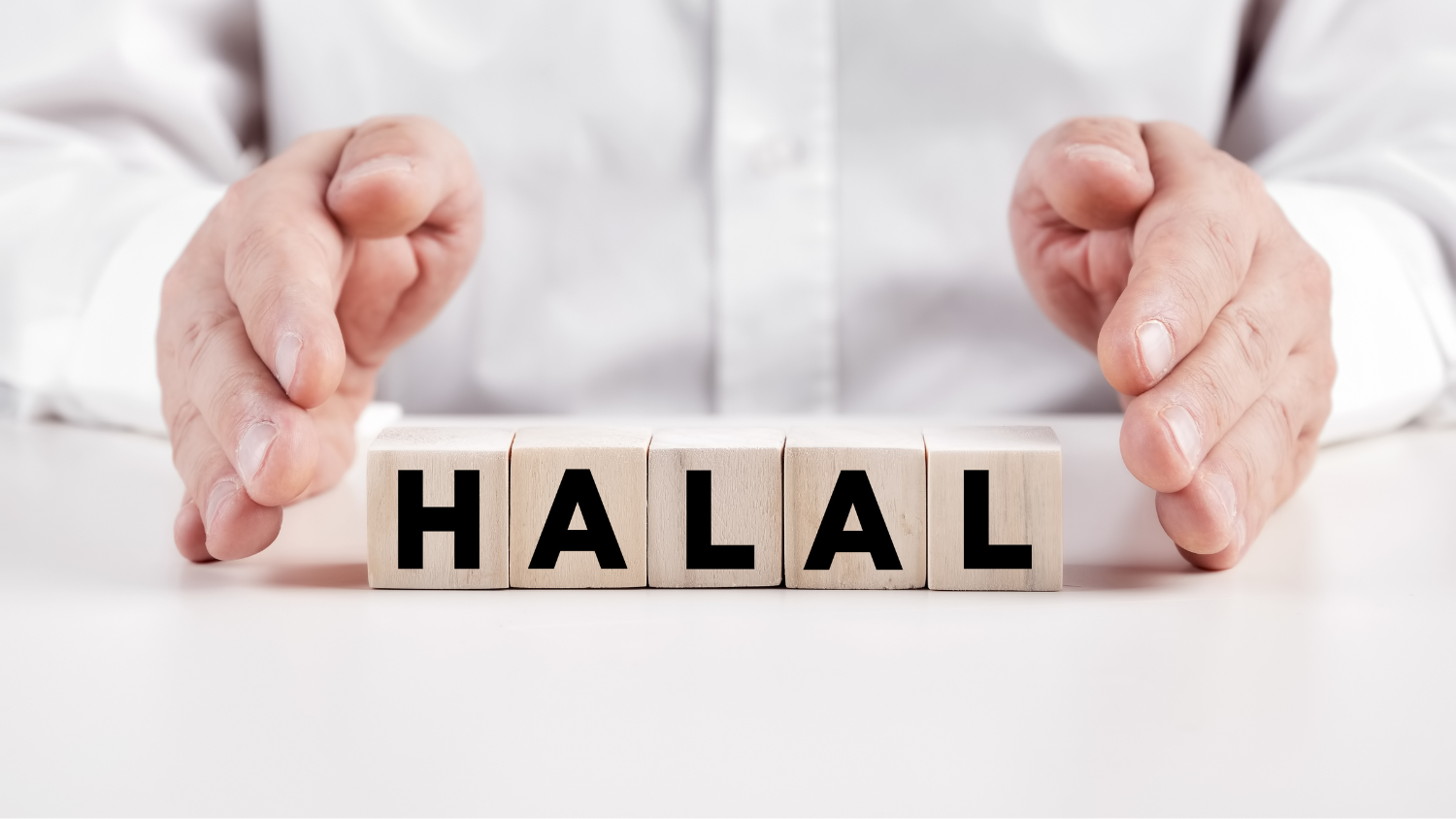The implementation of strict halal regulations has been on the rise across various industries worldwide. As consumer awareness and demand for halal-certified products continue to grow, many countries are adopting similar policies to enhance their market competitiveness.
In Malaysia, the halal industry plays a crucial role in economic growth, contributing approximately 8.1% to the country’s GDP in 2020. Mandatory halal certification is becoming the norm, ensuring compliance and fostering industry expansion. [1]
Penang, in particular, has made significant strides in promoting halal certification as a driver of industrial growth. The number of companies obtaining the Malaysian Halal Certification (SPHM) has surged from 56 in 2008 to 1,805 as of October 2024. Notably, more than half of these certified companies are non-Muslim-owned enterprises, including non-Bumiputera and foreign-owned businesses. [2]
Deputy Chief Minister I, Datuk Dr. Mohamad Abdul Hamid, highlighted that 61.3% of SPHM holders in Penang in 2024 were non-Muslim-owned, while 38.7% (697 companies) were Muslim-owned—a significant rise from just 11.3% (216 companies) at the start of the year. This growth is largely attributed to Penang Halal International (PHI) and the Penang Islamic Religious Affairs Department (JHEIPP). [3]
Penang is committed to expanding its halal industry, aligning with the Halal Industry Master Plan (HIMP 2030), which projects Malaysia’s halal market value to reach US$113.2 billion by 2030. The state aims to strengthen its position as a key player in the global halal market. [4]
This upward trend in halal certification underscores Penang’s strategic efforts to position itself as a leader in the global halal economy. With continuous support from government agencies and industry players, the state is well on its way to becoming a hub for halal innovation and trade. As more businesses recognise the economic potential of halal compliance, Penang’s thriving halal ecosystem is set to contribute significantly to Malaysia’s broader ambitions under HIMP 2030, reinforcing the nation’s reputation as a global halal powerhouse.
[1] Siti Khalilah, B., Ram Al Jaffri, S., & Abdulrasheed, A.A. (2022). Malaysian Halal Certification: A study of compliance behaviour of Muslim entrepreneurs. GJAT, Vol. 12 Issue 2. https://jurnal.usas.edu.my/gjat/index.php/journal/article/view/73
[2] Riadz, A. (2025). Halal certification on upward trend. Buletin Mutiara, Januari 1-15.
[3] See Footnote 2.
[4] See Footnote 2.
